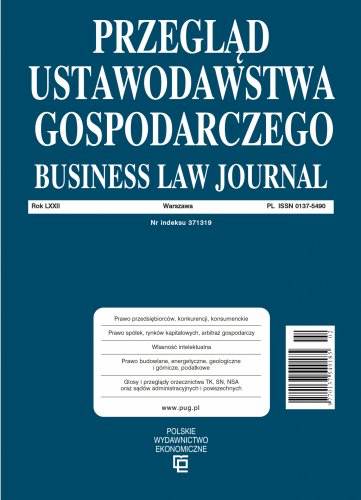The division of the real estate is one of the key issues for the creation of a new subject of civil law transactions. The real estate registration division carried out at the beginning is the starting point for the subsequent correct legal division and, ultimately, a change of owner. However, the planning power of local government units aimed at maintaining the coherence of spatial order means that the content of the division decision may be expanded and include provisions directly affecting the manner of disposal of this property, its management or communication with the nearest public road. It is mainly about situations in which the separated land does not meet the conditions of an independent building plot due to its shape or surface. Sometimes, however, there are limitations in division decisions, which are not supported by legal regulations, and certainly not those expressly expressed in legal acts. For this reason, the paper aims to answer the question about the legal basis for extending the content of the division decision with additional conditions related to the legal fate of the separated registration plot, as well as an attempt to determine the legal consequences for contracts transferring the ownership of real estate contrary to the content of the division decision. The text also addresses the issue of eliminating a division decision from legal circulation, the content of which does not correspond to the actual state.
Keywords: spatial order; land plot; division of real estate

